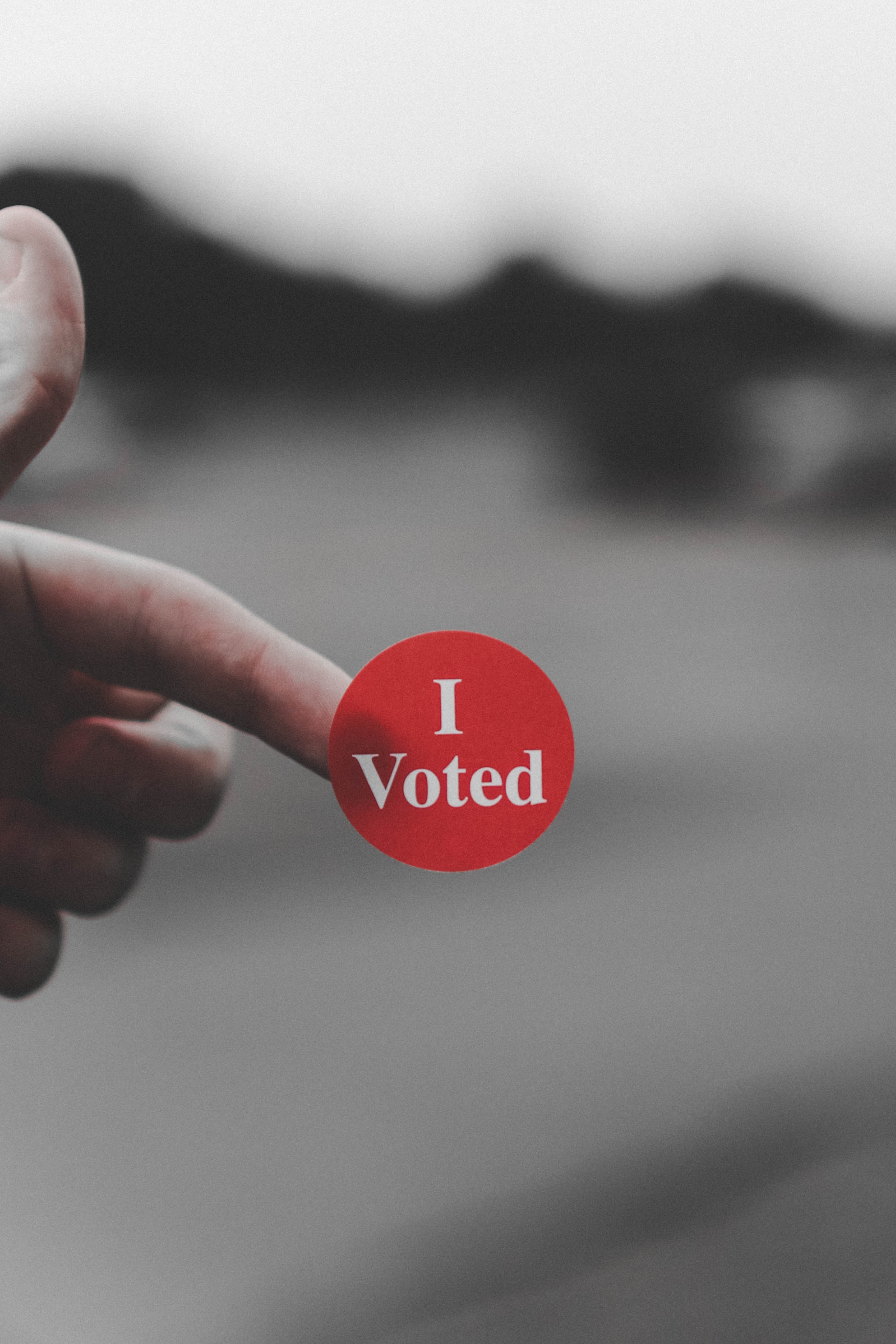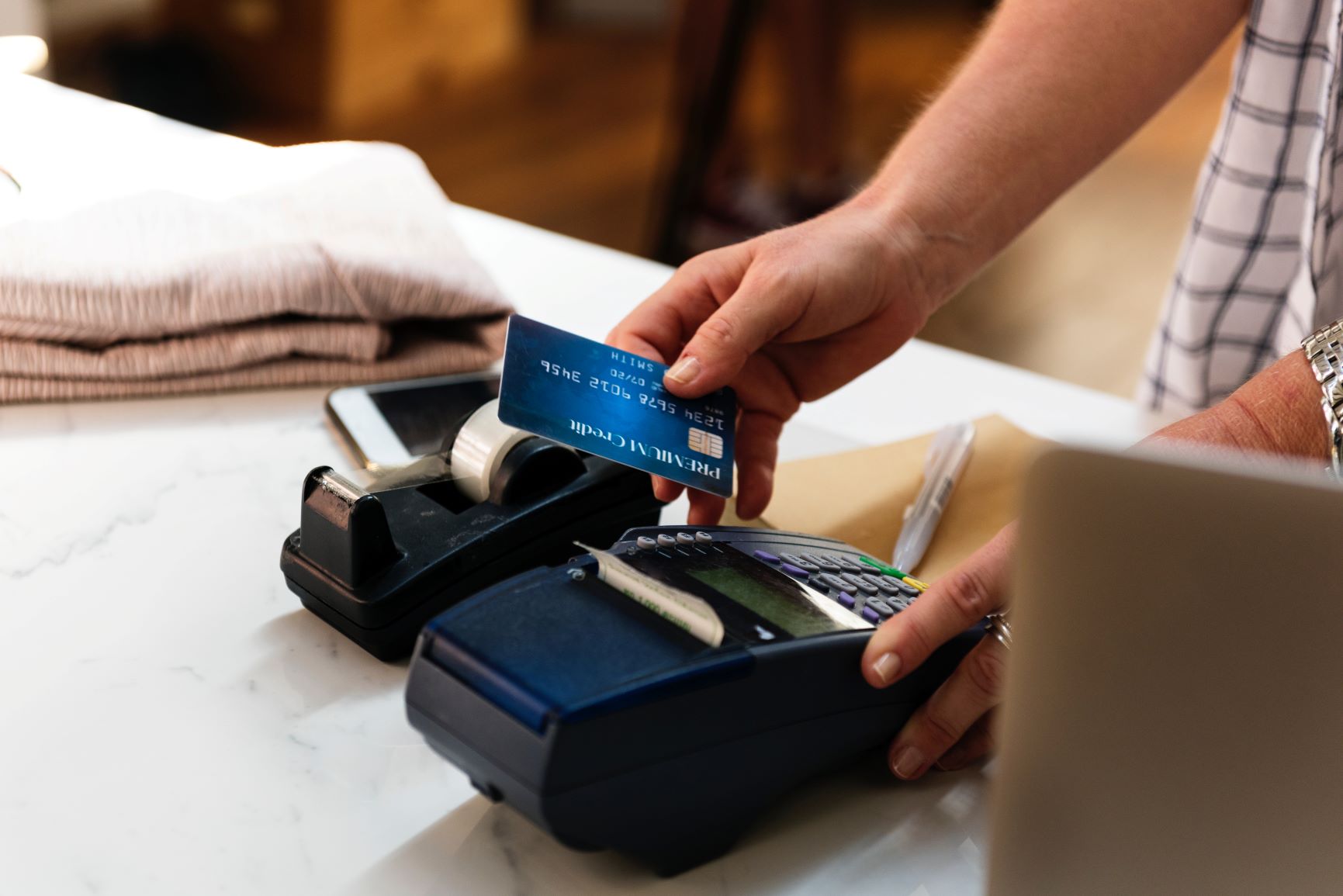Being on the electoral roll with up-to-date details is crucial to making sure you can vote. But it can also have a big impact on your credit. As you may already know, having good credit is important to receive loans, get the best interest rates, and more.
Read on for everything you need to know about how to get on the electoral roll, what it is, and how it can affect your credit.
What's Included?
What is the electoral roll?
The electoral roll is a list of every individual who is eligible and registered to vote in a given district. Its main purpose is to keep track of who can vote in which constituencies. It acts as a master document for authorities to use when sending out polling cards. The electoral roll is also used after elections to track things like voter turnout.
Why is it important for my credit?
The connection between your data on the electoral roll and your credit can seem strange at first. How does a big government list affect the companies who assess your credit? The answer is, again, simple: the electoral roll affects your credit because it offers authoritative information.
By checking against the electoral roll, credit reference agencies and lenders can confirm your details quickly and easily. This streamlines the processes of credit searches and lending. And as your data can be conveniently and painlessly checked, you become a safer bet for lenders.
The open register explained
The UK has two versions of the roll: an ‘open’ register, and a ‘closed’ or ‘full’ one. The full register is a list of everyone on the electoral roll, and can be inspected by certain actors like credit reference agencies.
The open register lists people who did not opt out of this version. It can be bought by any private actor for a wide range of purposes. Some organisations which may use your open register details include:
- Businesses checking the identity and address of people applying for services or shopping online.
- Charities and voluntary agencies, to help maintain contact with donors.
- Debt-collection agencies tracing people who have changed address without telling creditors.
- Direct-marketing firms maintaining their mailing lists.
- Landlords and letting agents checking the identity of potential tenants.
- Private-sector firms verifying job applicants’ details.
Some people criticise this wide availability. Organisations such as the Information Commissioner’s Office, the Electoral Commission, and the Local Government Association all have called for the open register’s abolition. It’s worth taking some time to go through the risks and benefits of the open register. Then you can make an informed decision on how you want your data handled.
Risks
The downsides of the open register are fairly obvious. Some may feel it’s an invasion of privacy to make their details available to private interests. Also, businesses who purchase the open register could overload you with spam mail.
While you’re unlikely to end up deluged with junk mail, it could still be a pain.
Benefits
On the other hand, some people dismiss concerns about privacy, given the vast amount of data we willingly hand over to social media and web search giants. You might feel that if private companies access your data anyway, better they do so through an authoritative government list than by other means.
Being on the open register can also make it easier for businesses to keep in touch with you. This can help maintain a productive customer relationship. Alternatively, it can make things easier if you’re renting a room or applying for a job.
Ultimately, whether or not you stay on the open register is your choice. You can rest safe in the knowledge that this choice will not impact your credit in any way – credit reference agencies use the full register, which you will be on if you’ve signed up to be able to vote.
Who can get on the electoral roll?
You are eligible to register to vote if you are age 16 or over in England and Wales, or 14 and over in Scotland, and are a British, Irish, EU, or qualifying Commonwealth citizen.
Though you must be 16 to vote in Scottish parliamentary and local elections, and 18 to vote in UK and European parliamentary elections, it still pays to get on the roll early. The longer you’re on the electoral roll, the better it is for your credit.
Similarly, while citizens of EU countries other than the UK, the Republic of Ireland, Cyprus, and Malta cannot vote in UK parliamentary elections, they can vote for local government and the devolved assemblies in Scotland, Wales, and Greater London, as well as at European parliamentary elections.
How to get on the electoral roll
So here is the question you really need answered: how to get on the electoral roll in the first place.
UK residents can get on the electoral roll by post or online. Online registration works much the same in England, Wales, Scotland, and Northern Ireland, though postal registration is different outside of Britain. If you’re in Northern Ireland check here for details on how to register by post.
The simplest way to register is to do so online. It only takes about five minutes, and if you live in the UK you’ll just need your National Insurance number to complete your registration! (Those living abroad will also need their passport.) Paper forms for those in Britain are available here, and must be filled out and sent to your local authorities.
Registration can be accepted by local authorities at any time, although there is an annual canvass of every household on 1 December. Each authority has its own cut-off date, so you’ll need to look up the details of yours here to make sure you don’t miss any deadlines.
If you register before the cut-off, your details can be on your credit file in as little as four weeks. Register after, and it can take twice as long.
The registration process is clear and easy to understand, and you can log back into it at any time to get on or off the open register, or request a proxy or postal vote.
Quick-fire questions
How do I know if I’m already on the register?
Contact your local Electoral Registration Office here to quickly and easily check if you’re already listed.
What do I do if I move or change my details?
If you move home, you should reregister at your new address as soon as possible, by going through the same process as first-time registry. Doing so quickly and keeping your details up-to-date can help you avoid becoming a victim of ID theft and fraud. The same goes for updating any other details.
What if I move around often?
If you have different permanent and temporary addresses – say if you’re a student living away from home during term-time – it’s best to register just once at your more permanent address, so you don’t have to keep changing it. You can also register in more than one district if you have an address there – though you may only vote in one for Parliamentary elections. (Note: If you are a student, you are actually permitted to vote in local elections in the ward where you have an address, and the ward where your term-time address is located.)
A final word
We hope this guide to the electoral roll has been helpful. The whole process can seem confusing, and we’ve covered a lot of ground. But there’s no need to worry: only the full register matters for your credit, and so long as you’re not moving house, you don’t have to worry about changing your details often.
Once you’ve registered, it can take a month for your details to update on your credit file. If you have a Credit-Score account, this information will be automatically updated on your Credit Report.
Credit-Score offers two fabulous solutions
If you’re preparing to take a mortgage, never apply until you’ve tried our unique and FREE Credit-Score Home app. Our smart technology will tell you what you need to fix so you avoid rejection. The app predicts when you will be able to buy, for how much and tracks your month-by-month progress to mortgage success. We’ve even added your own mortgage broker, so you get the best deals available.
More focused on your credit rating? Well, get started for free with Credit-Score’s 24- Factor Credit Check to truly help you improve your creditworthiness and how lenders view you. (Remember: lenders don’t use your credit score! We’ll show you what lenders look for and how to get your credit report in the best shape possible).
Last updated by Robert Edwards, May 2022






